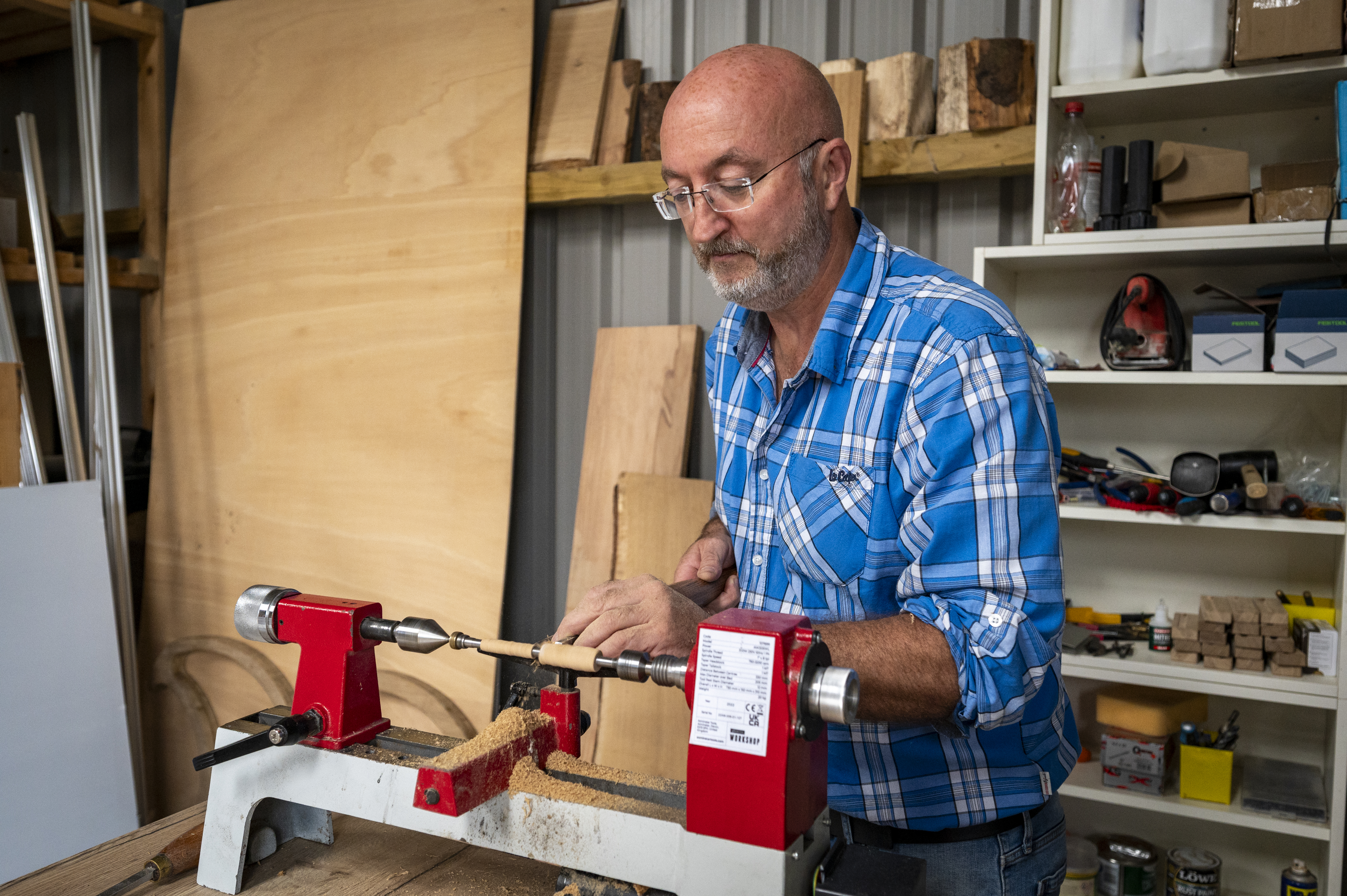With electricity and fuel costs rising and quickly spiralling out of control, saving energy is no longer just a necessity to combat climate change and save resources but also an important factor when it comes to managing personal finances and budgets.
When you think about your own electricity and fuel use over the course of the week it might be hard to imagine where you could possibly reduce energy consumption. However, there are many little tweaks that will make a big difference in the long run – not just to your energy bills but also to our planet!
To get you started, we have 8 tips to save energy in and around your home!
1. Heat Efficiently
When it comes to energy consumption in your home, heating is one of the biggest offenders. There are several ways to heat more efficiently which in turn will cut costs and energy usage. The most obvious is to turn down your heating. Even just one degree can reduce the total of your yearly heating bill by as much as 10%. Especially in spring and autumn an extra layer of clothing can make this a very simple and hardly noticeable change.
With proper insulation, you also ensure that the heat will stay in your home. Use draught excluders on doors, seal your windows, install a chimney balloon and close your curtains at night to keep your house nice and cosy. For a more substantial investment, you could look into having your house professionally insulated.
2. Save Energy when Cooking
After heating, we use most of our home energy in the kitchen. Especially, since working from home has become a lot more accessible during Covid we spent a lot more time cooking and preparing meals and beverages. To cook as energy efficient as possible, make sure to:
- Match the sizes of pots and pans to your hotplates
- Keep lids on pots and pans when cooking to conserve energy
- Only heat as much water for hot beverages and cooking as you need
- Avoid using the oven if possible
- Defrost food at room temperature instead of in the microwave or when cooking
- Use energy efficient slow cookers or airfryers
- Take showers instead of baths
- Reduce the time of showers and switch the water off when shampooing your hair etc
- Dial down the temperature of your shower or take cold showers, if possible
- If using an electric shower reduce the water pressure to minimise the amount of hot water used
- Replace conventional light bulbs with energy efficient LEDs
- Move to use natural light sources whenever possible
- Install lighting timers (especially for things like Christmas lights)
- Use spot lights (desk lamps etc) instead of ceiling lights
- Keep on top of the service schedule for your car
- Maintain the correct level of tyre pressure
- Unload your car and don’t drive around with unnecessary weight
- Drive economically by gently accelerating and avoid idling your engine
- Avoid using the air conditioning in your car
- Drive less and walk or cycle instead
- Use public transport or car pool with neighbours or co-workers
Once your meal is finished you can save even more energy by using your dishwasher only when it is full. Many modern machines have an eco cycle that uses less water. Skip the heat-dry setting and dry your dishes by hand.
3. Shorter & Colder Showers
In order to heat your water, you’d have to use quite a lot of energy. Besides making sure your water tank is insulated properly by installing a so-called lagging jacket, you can also try and reduce the amount of hot water you use.
4. Check Fridge/Freezer
To avoid wasting energy it is important to make sure your fridge and freezer work as efficiently as possible – the same goes for the coils that need to be kept clean. Regularly check the seals on the door and replace them if necessary. Also, ensure you are maintaining a steady temperature in your fridge-freezer and get into the habit of defrosting your freezer to avoid excess ice.
5. Wash & Dry Clothes Efficiently
In order to knock a few quit off your energy bill, ensuring that you have enough laundry to fill your machine can make quite a difference. Choosing a shorter wash cycle and a lower temperature will help you reduce your personal energy consumption even more. If you are in the market for a new washing machine it will be worthwhile to invest in an energy-efficient model that allows you to select eco cycles.
When it comes to the most expensive household appliances, the tumble dryer is one of the biggest culprits. To keep this cost to a minimum, dry your clothes outside whenever possible. If you don’t have access to a sufficient outside space, clothes can also be dried on a clothes rack indoors. Make sure to keep the area ventilated to avoid excess humidity in your home.
6. Switch Off
Keeping computers, consoles, TVs & Co on standby is slowly adding to your energy usage. In fact, if you unplug your electronics or switch off their sockets you can easily save up to 20% off your electricity bill.
Extra Tip: To avoid plugged in phone chargers, use a solar charger. The device can be charged in the sun during the day and charges your phone (for free) overnight.
7. Use Lighting Smartly
The same goes for lighting. It might only seem like a small thing but switching lights off when you leave the room can add up over time. Some other tips to save energy with your home lighting are:
8. Drive Efficiently and Use Less Fuel
Pulling into the petrol station to see the latest price hike is probably one of the most hated and discouraging tasks nowadays. Luckily, there are a few easy ways to ensure you will have to do that less frequently going forward.







